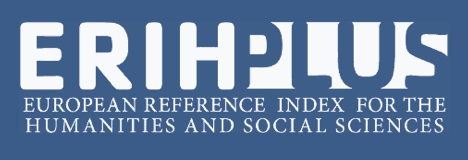Linking Perceived Greenwashing with Brand Credibility: An Empirical Evidence from Pakistan
Abstract
Undoubtedly, the rise in eco-friendly or sustainable products has gained immense attention across all disciplines due to its most promising contributions to the environment. However, it has also initiated the greenwashing phenomena by which companies deliberately communicate the ecological or green attributes of their offerings. Drawing on attribution theory, this study aims to fill a gap in knowledge by examining the relationships between perceived greenwashing and brand credibility. Convenience sampling methodology was employed to collect the data from 422 Pakistani consumers. Data were gathered via self-administered questionnaire and analyzed using AMOS, and SPSS respectively. The results revealed that perceived greenwashing is negatively related to brand credibility. The present study provides novel insights by unfolding the negative relationship between perceived greenwashing and brand credibility, especially in Pakistan’s context. The study findings imply that decreasing greenwashing practices can decrease consumers’ perception of greenwashing and thus, the brand credibility can be improved. Moreover, the study findings highlight the risks that perceived greenwashing carries for the business companies; the companies’ pretentious claims can harm the credibility of a greenwashed brand can ultimately put their survival at threat and harm their long-term success. In addition, the study findings suggest that policymakers should avoid communicating deceptive environmental benefits of their offerings, rather they should focus on finding possible ways to comply with environmental performance standards so that their brand credibility can be enhanced. The current study contributes to greenwashing literature by exploring how perceived greenwashing influences brand credibility. In closing, the theoretical and practical implications of these findings are discussed in detail.

This work is licensed under a Creative Commons Attribution-NonCommercial 4.0 International License.













.jpg)








